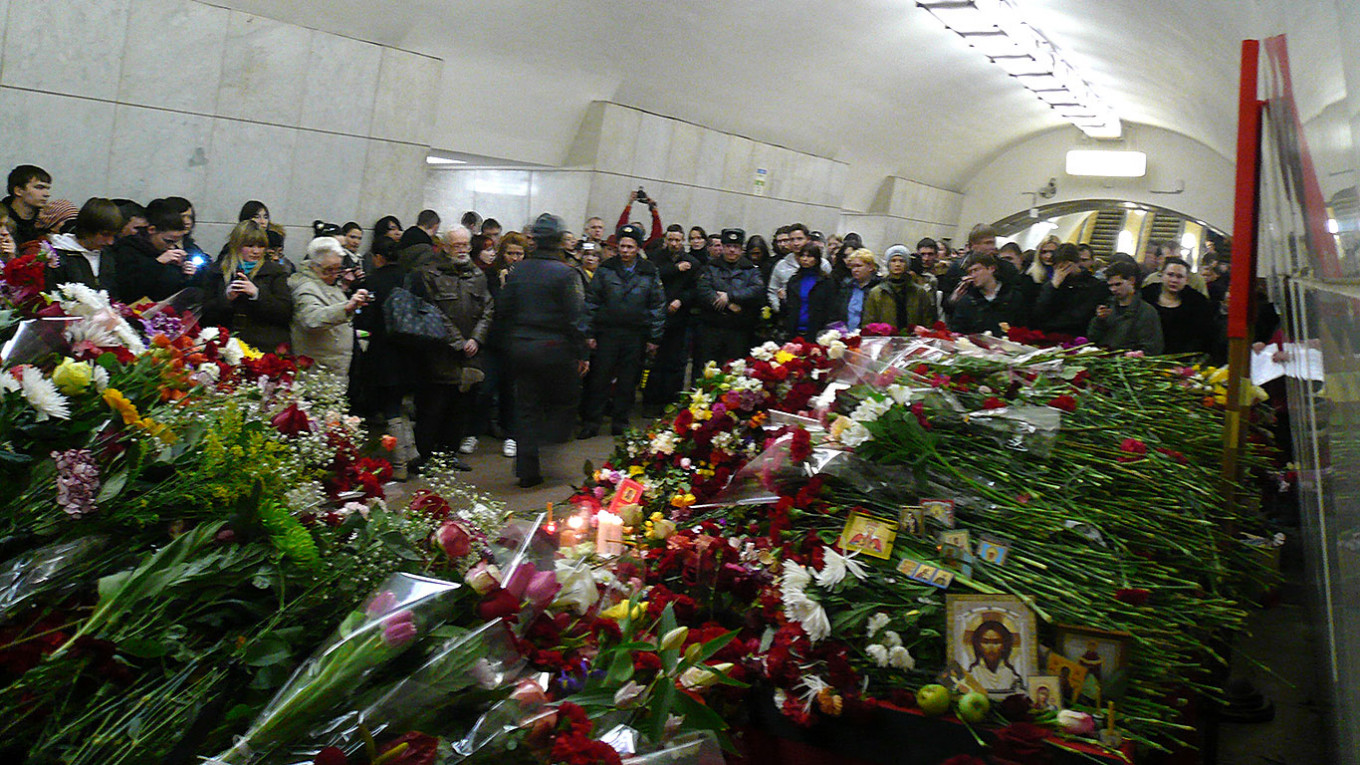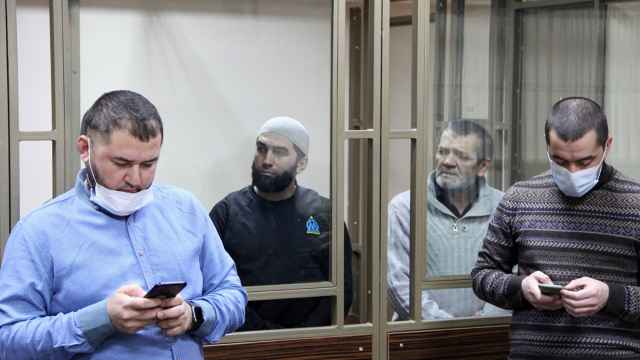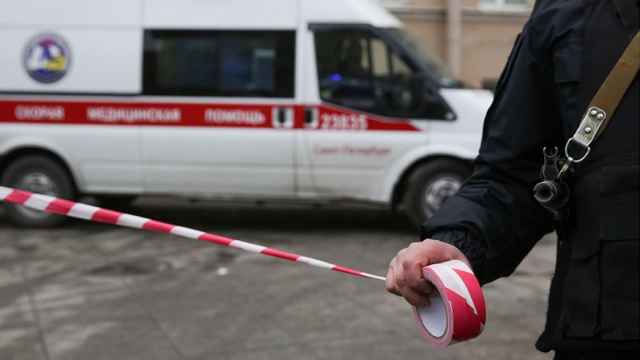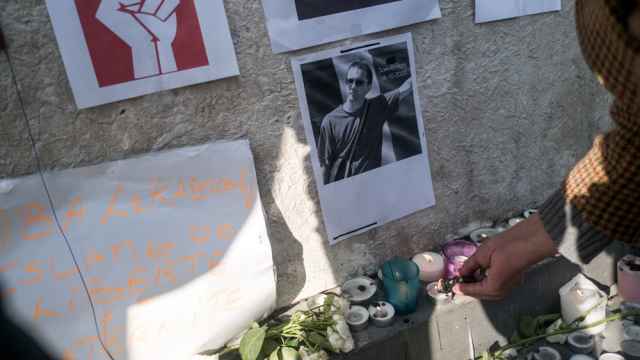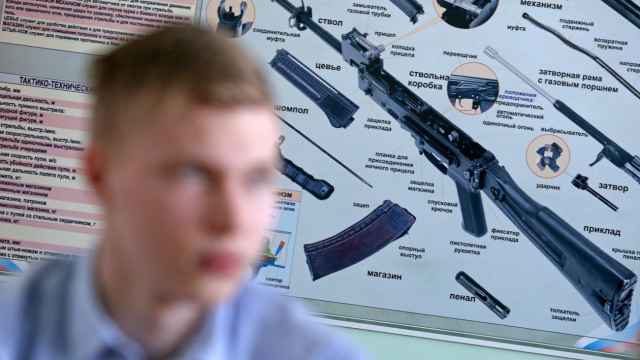A Russian court on Friday handed a life sentence to an accomplice in the 2010 deadly bombing attack on the Moscow metro.
In March 2010, two female suicide bombers, both from the North Caucasus region of Dagestan, struck two Moscow metro stations. The coordinated attacks killed 39 and injured dozens.
An Islamist group based in the North Caucasus claimed responsibility.
A military court in Moscow found Magomed Nurov "guilty of organizing terrorist attacks and illegally manufacturing explosives."
Nurov denied his guilt and said he was acting "under pressure" from others involved in the attack, prosecutor Natalia Troshkina told reporters.
The organizers of the attack were killed in a security operation several years ago, Troshkina said.
Nurov was sentenced to life in jail and ordered to pay 17 million rubles ($224,000) in damages to the Moscow metro.
He was arrested in 2019 in Dagestan. Investigators said he acted as a fixer, driving members of the criminal gang to meetings and helping them hide from police, the RIA Novosti news agency reported.
The Moscow metro — famous for the lavish architecture of its stations — has seen several major attacks in its history.
Between 2000 and 2010, when Russia's armed forces fought against separatists in the Muslim-majority North Caucasus region of Chechnya, the Moscow metro became the target of several bombing attacks that killed more than 100 people in total.
A Message from The Moscow Times:
Dear readers,
We are facing unprecedented challenges. Russia's Prosecutor General's Office has designated The Moscow Times as an "undesirable" organization, criminalizing our work and putting our staff at risk of prosecution. This follows our earlier unjust labeling as a "foreign agent."
These actions are direct attempts to silence independent journalism in Russia. The authorities claim our work "discredits the decisions of the Russian leadership." We see things differently: we strive to provide accurate, unbiased reporting on Russia.
We, the journalists of The Moscow Times, refuse to be silenced. But to continue our work, we need your help.
Your support, no matter how small, makes a world of difference. If you can, please support us monthly starting from just $2. It's quick to set up, and every contribution makes a significant impact.
By supporting The Moscow Times, you're defending open, independent journalism in the face of repression. Thank you for standing with us.
Remind me later.


